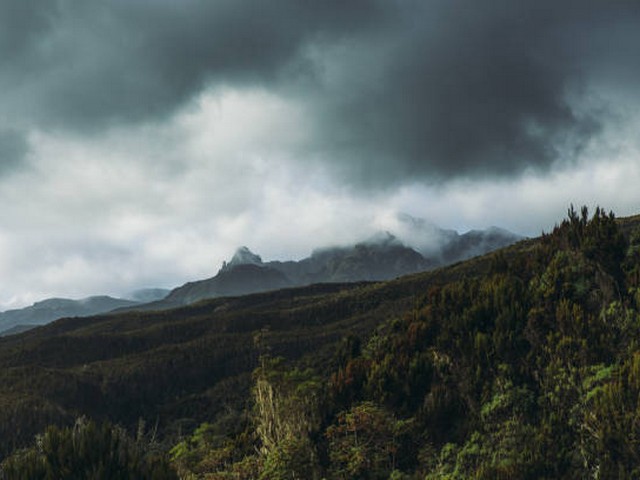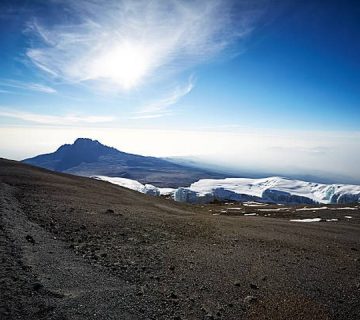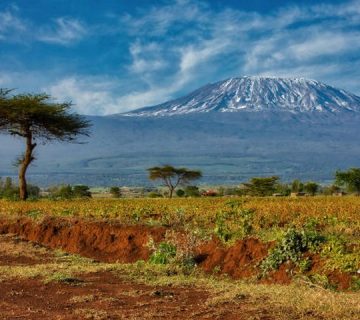Maasai and Chagga Cultural Experiences on Kilimanjaro
Embarking on a journey to Mount Kilimanjaro isn’t just about conquering the highest peak in Africa. It’s about immersing yourself in the rich tapestry of culture and tradition that flourishes at the foothills and along the slopes of this majestic mountain. At Kilimanjaro Centre for Trekking and Ecotourism (KCTE), we believe that understanding the local heritage enhances your climbing experience, transforming it from a mere physical challenge into a profound personal enrichment. This is why we’re passionate about offering you a glimpse into the Maasai and Chagga cultural experiences on Kilimanjaro.
Exploring the Rich Heritage of the Maasai and Chagga Tribes
The Maasai: Guardians of the Plains
The Maasai people are synonymous with the image of East Africa – their distinctive red cloaks and proud demeanor against the backdrop of vast savannas. Although predominantly known as nomadic herders, the Maasai’s relationship with the environment offers lessons in sustainability and community. A visit to a Maasai village typically involves a warm welcome with songs and dances, a tour of their iconic Manyatta (mud huts), and insights into their rituals and daily practices. This interaction not only supports Maasai communities but also enriches your understanding of how indigenous knowledge contributes to conservation and coexistence with nature.
The Chagga: Farmers of the Mountain Slopes
In contrast, the Chagga tribe inhabits the fertile slopes of Kilimanjaro, expertly farming the land in the mountain’s unique climate. The Chagga are renowned for their advanced irrigation systems and terraced agriculture, which you can observe firsthand. Their historical reliance on banana and coffee farming has paved the way for current sustainable practices crucial in the area’s ecology. Engaging with the Chagga people, you will learn about their traditional methods of food preparation, sample their rich cuisine, and perhaps participate in coffee processing activities in the village cooperatives.
Immersive Cultural Tours with KCTE
At Kilimanjaro Centre for Trekking and Ecotourism, we integrate these cultural experiences into our trekking itineraries, ensuring that your climb also includes meaningful encounters with local communities. Whether you opt for a day tour or a full cultural immersion, these activities are designed to give a deeper perspective on the indigenous ways of life while respecting and preserving their traditions.
Day Tours: A Glimpse into Tribal Life
Our carefully curated day tours are perfect for those who have limited time but wish to experience a touch of local culture. These tours can be scheduled before or after your Kilimanjaro climb, providing a relaxing yet enlightening diversion from the physical demands of trekking.
Full Cultural Immersion: Living the Local Way
For a more in-depth experience, our full cultural immersion programs allow you to stay in Maasai or Chagga homesteads, participate in daily chores, and learn traditional skills directly from the locals. This is a unique opportunity to understand and live the authentic lifestyle of the Kilimanjaro tribes.
Sustainable Tourism: Our Commitment
Kilimanjaro Centre for Trekking and Ecotourism is committed to sustainable tourism practices. We ensure that our tours are conducted in an ethical manner, providing fair compensation to the local communities and minimizing environmental impact. By choosing KCTE, you are not only choosing an unforgettable journey but also contributing to the preservation of local cultures and the natural environment.
Why Choose KCTE for Your Kilimanjaro Adventure
Choosing the right operator for your Kilimanjaro climb and cultural tour is crucial. KCTE stands out because we combine expertise in mountain trekking with deep respect and connection to the local communities. Our guides are not only skilled in leading you safely to the summit but are also knowledgeable about the local cultures, ready to share stories and insights that enrich your experience.
Frequently Asked Questions
What is the best time to visit for a cultural tour on Kilimanjaro?
The best time to visit for cultural tours is during the dry seasons, from June to October and from December to March. This coincides nicely with the best climbing conditions on Kilimanjaro.
How do cultural visits benefit the local communities?
Cultural visits help provide a sustainable source of income for local communities. Furthermore, they encourage the preservation of cultural traditions and sustainable agricultural practices among the younger generations.
Can I include a cultural tour in my climbing package?
Yes, at KCTE, we offer customizable packages that can include cultural tours along with your climbing expedition. You can choose to have a cultural day tour or a full immersion experience as part of your itinerary.
Are these tours suitable for children?
Yes, our cultural tours are family-friendly and provide a great educational experience for children. They are an excellent way for young ones to learn about different cultures and ways of life.
Call to Action
Immerse yourself in the vibrant cultures of the Maasai and Chagga on your next Kilimanjaro adventure. Contact Kilimanjaro Centre for Trekking and Ecotourism today to book your cultural and climbing experience. Let us help you make your journey to Kilimanjaro truly unforgettable, not just reaching the summit, but also connecting deeply with the heart of Tanzania. Join us in celebrating and preserving the rich heritage of Kilimanjaro’s indigenous communities. Adventure awaits – are you ready to answer the call?
Remember, every step you take on the mountain, and every interaction you have with its people, contributes to a larger story of conservation and cultural appreciation. Let’s make it a story worth telling.




